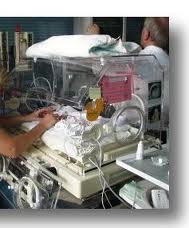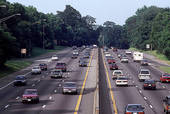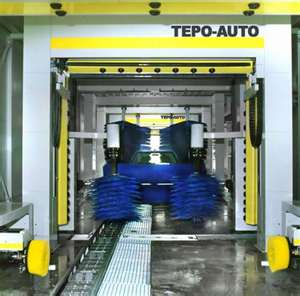 If we oldsters in the autumn of our years could bottle some of the youthful energy surrounding us here in Florida, we’d all have the pep of 18-year-olds after draining the bottle. When our seven enthusiastic young children are at the pool together, other resort guests pick up and leave.
If we oldsters in the autumn of our years could bottle some of the youthful energy surrounding us here in Florida, we’d all have the pep of 18-year-olds after draining the bottle. When our seven enthusiastic young children are at the pool together, other resort guests pick up and leave.
The oldest two, Mary’s twin granddaughters, are the leaders of the pack at nine years old. Witnessing their limitless energy in the water, you’d never know they survived a very rocky start in life.
Hannah and Erika were born almost nine weeks premature weighing 3.12 and 3.5 pounds respectively. When I visited them at the Neonatal Intensive Care Unit (NICU) the week they were born, I wondered if they would make it at all. Their tiny bodies bristled with tubes and wires, hooked up to the best that medical machinery could offer.
When Hannah contracted meningitis and Erika evidenced heart trouble, anxiety ran high. But day-on-day, they gained weight and strength, leaving the hospital a month later.
Their young mommy, my niece Julia, did a stellar job nursing them, no small feat for two tiny babies who needed frequent feedings. She was grateful for each day’s progress and never complained about her daunting task. Today she’s every bit as thankful for their presence in her family as she was the day they were born.
Julia and her husband Drew had a jump on the rest of us in terms of viewing their children as God’s creative handiwork. Our babies came at full term without crises, and we took that blessing for granted. But the twins (and their younger brother Andrew) are so appreciated, their parents take advantage of every opportunity to turn their attention toward the God who made them.
Hannah and Erika were taken on their first mission trip at six years old. Including them on a journey to Ecuador was a risk, but the girls’ world view is shaping up to be full of tenderness toward the poor, partly because of that trip. In preparation for serving with their parents and other families, the girls were told of children who lived with their parents in a dump, scavenging food others had discarded.
After returning home, the twins prayed for the people they’d met. One evening after Julia had dished up dinner, Erika took her untouched plate of food to the trash and began scraping her food into the garbage. “What are you doing?” Julia said.
“I’m sending my food to the children who live at the dump,” Erika said. Although the Ecuadorian families would never receive that offering of love, God did and was extremely pleased with her sacrifice.
Linking that incident with the twins’ early days in the NICU, none of us can doubt God had eternal work for these two fragile preemies to accomplish. And they’ve already begun.
God actually has important work for every life to accomplish, and that includes even those born too prematurely to “make it” on this earth.
It also includes all who’ve had their lives snuffed out before they even have a chance to be born.
“We are God’s handiwork, created in Christ Jesus to do good works, which God prepared in advance for us to do.” (Ephesians 2:10)





